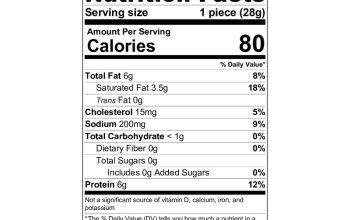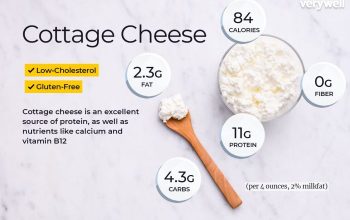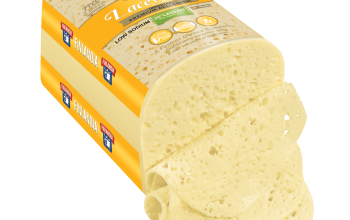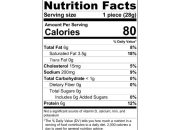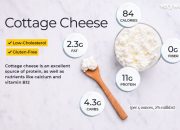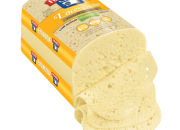Dietary Considerations and Health Implications
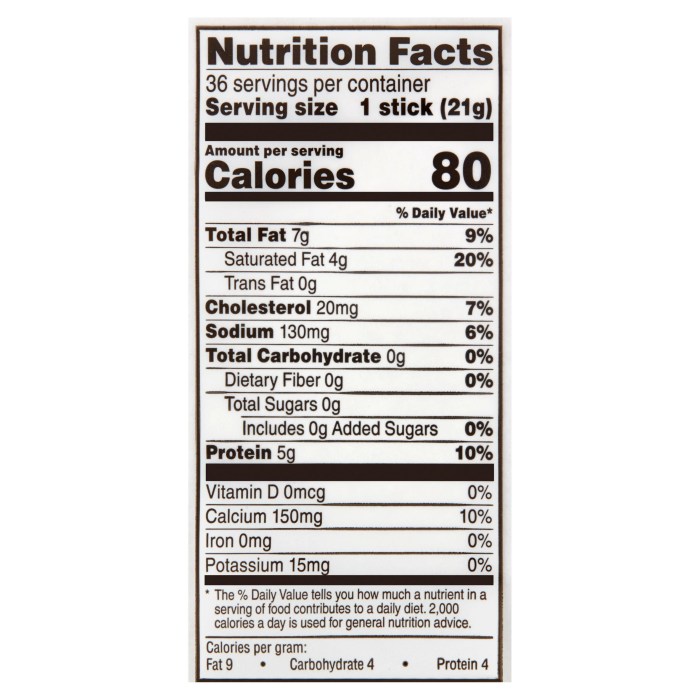
Colby jack cheese stick nutrition – A salty tear falls on the wrapper, a silent lament for the fleeting pleasure of the Colby Jack cheese stick. Its fleeting joy, however, leaves a lingering question: at what cost? The simple pleasure of its creamy texture and sharp bite holds a complex nutritional reality, one that deserves careful consideration for those with specific dietary needs and those mindful of long-term health.
The seemingly innocent cheese stick holds within its small form a concentration of ingredients that can profoundly impact health, depending on individual circumstances and consumption patterns. Understanding its composition is key to enjoying it responsibly.
Suitability for Specific Dietary Needs, Colby jack cheese stick nutrition
For many, the delight of a Colby Jack cheese stick is a simple pleasure. However, for some, this pleasure is bittersweet, hampered by dietary restrictions. The following points detail these considerations.
- Lactose Intolerance: Colby Jack cheese, like many cheeses, contains lactose, a sugar that individuals with lactose intolerance struggle to digest. Consumption can lead to digestive discomfort, including bloating, gas, and diarrhea. Lactose-free alternatives may be necessary for these individuals.
- Low-Sodium Diets: Cheese sticks are often high in sodium, a significant concern for individuals on low-sodium diets, particularly those with hypertension or other cardiovascular conditions. The sodium content can contribute to fluid retention and elevated blood pressure. Careful portion control or selection of low-sodium varieties is essential.
- Other Dietary Restrictions: Depending on the specific brand and ingredients, Colby Jack cheese sticks may contain allergens such as gluten or casein, posing challenges for those with related sensitivities or allergies. Always check the product label carefully before consumption.
Potential Health Implications of Regular Consumption
The rhythmic crunch of the cheese stick, a small comfort, can become a somber melody if consumed excessively. The seemingly harmless snack holds the potential for negative health consequences if not enjoyed mindfully.
Regular consumption of Colby Jack cheese sticks can contribute to high saturated fat intake. Saturated fats, when consumed in excess, can raise LDL (“bad”) cholesterol levels, increasing the risk of heart disease. Similarly, the high sodium content can elevate blood pressure, posing risks to cardiovascular health. The high calorie density can also contribute to weight gain if not balanced with other dietary components.
Recommendations for Balanced Consumption
The faint echo of a satisfying crunch lingers, a reminder of the pleasure, but a responsible approach ensures that this pleasure doesn’t turn into a health burden. A balanced approach is crucial.
Let us consider the nutritional path we choose. Understanding the nutritional content of a Colby Jack cheese stick, a seemingly simple snack, is a journey of mindful eating. This awareness extends to other combinations, such as exploring the nutritional details of cheese peanut butter crackers nutrition , which helps us appreciate the broader landscape of food choices.
Returning to our Colby Jack, remember that even small choices reflect our commitment to nourishing our bodies and souls.
- Portion Control: Limit consumption to one or two cheese sticks per day, integrating them into a larger, balanced meal plan.
- Mindful Selection: Opt for brands with lower sodium and saturated fat content whenever possible, comparing nutrition labels before purchase.
- Dietary Balance: Incorporate Colby Jack cheese sticks as part of a varied diet rich in fruits, vegetables, whole grains, and lean proteins to mitigate the impact of their higher fat and sodium content.
Visual Representation of Nutritional Data: Colby Jack Cheese Stick Nutrition
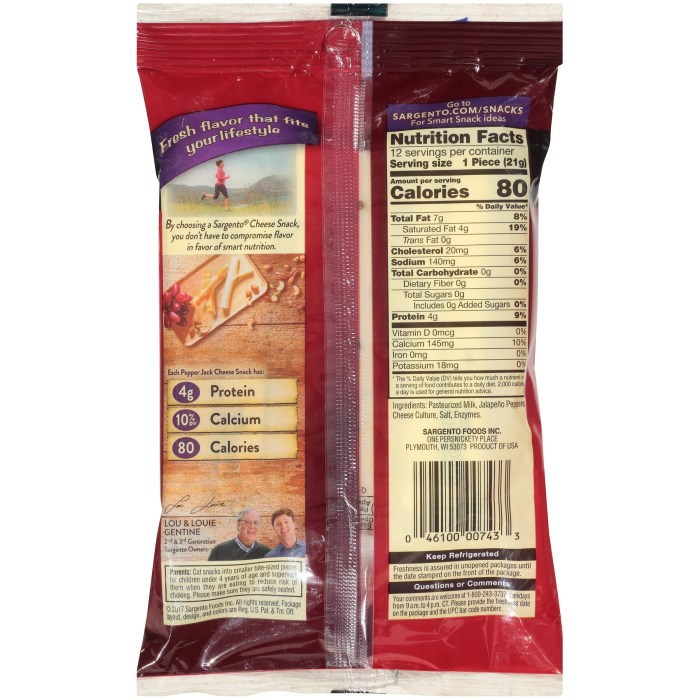
A single serving of Colby Jack cheese sticks, a fleeting pleasure, holds within its golden crust a silent story of its composition, a tale told not in words, but in the visual language of proportion and balance, or rather, the imbalance that defines its nature. This infographic aims to capture that story, a miniature drama of fats, proteins, and carbohydrates.Macronutrient Proportions in a Serving of Colby Jack Cheese SticksA circular infographic, reminiscent of a melting cheese wheel, would best illustrate the macronutrient distribution.
The largest segment, a rich, buttery yellow, would represent the fat content. This dominant section would subtly reflect the high fat nature of the cheese. A smaller, yet substantial, segment of creamy white would represent the protein, a testament to its building blocks. Finally, a sliver, almost imperceptible, of pale beige would denote the carbohydrates, a whisper compared to the louder voices of fat and protein.
The relative sizes of these segments would visually communicate the approximate percentage of each macronutrient, painting a picture of the cheese stick’s caloric composition. The overall visual would be simple, clear, and evocative of the cheese itself.
Sodium Content Compared to Recommended Daily Intake
A simple horizontal bar graph provides a stark contrast. One bar, vibrant and alarmingly long, represents the sodium content in a single serving of Colby Jack cheese sticks. Its intensity reflects the significant amount of sodium present. Next to it, a much shorter, almost apologetic bar, represents the recommended daily intake of sodium. The stark difference in lengths immediately highlights the substantial portion of the daily recommended sodium intake contained within a single serving.
The visual would use a clear color scheme to enhance the contrast and impact of the comparison, a silent warning whispered through the bars. The visual impact serves as a reminder of mindful consumption.
Quick FAQs
What are the best brands of Colby Jack cheese sticks from a nutritional standpoint?
Nutritional content varies between brands. Look for brands that minimize added ingredients and prioritize higher protein and lower sodium content per serving. Checking nutrition labels is crucial for informed comparisons.
Are Colby Jack cheese sticks suitable for children?
In moderation, Colby Jack cheese sticks can be part of a child’s diet. However, parents should be mindful of the sodium and saturated fat content and ensure they are part of a balanced meal plan, not a primary source of calories.
Can I freeze Colby Jack cheese sticks?
Yes, freezing Colby Jack cheese sticks is possible. Their texture might slightly change upon thawing, but they remain safe to consume.
Are there any potential allergens in Colby Jack cheese sticks?
Common allergens include milk and potentially soy (depending on the brand and processing). Always check the ingredient list for specific allergen information.

